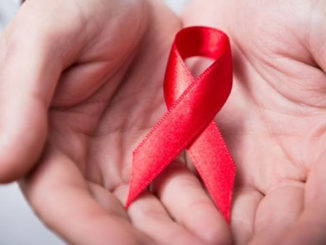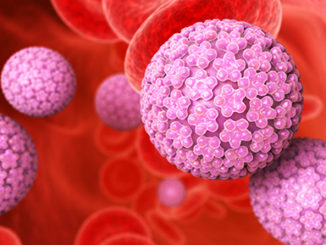Social Deficits of Autism Reversed By Epigenetic Drug
It is estimated that 1 in 59 children in the United States fall somewhere on the autism spectrum. Autism spectrum disorder (ASD) is a developmental disorder that affects the nervous system and is characterized by challenges with speech, social skills and communication. Many factors can determine a child’s predisposition to developing autism, such as genetic mutations during brain development, chemical imbalance, and certain genetic disorders like tuberous sclerosis and fragile X syndrome. Autism has been an incredibly difficult disease to [more…]






